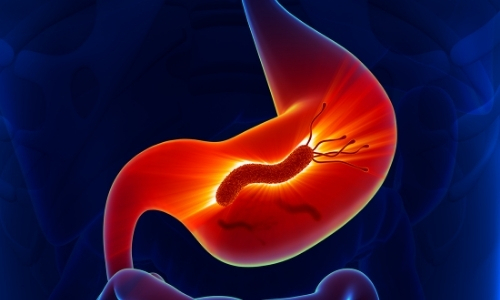
It was observed that the materials taken by biopsy were in the form of a spiral in the examinations made without waiting, and in the form of a spherical in the examinations made after waiting.
In general, it can be said that 70 out of every 100 people are infected with helicobacter pylori. The incidence of infection is 10-50% in developed countries and around 80% in developing countries.
The most important determinant of this situation is socioeconomic differences. High standard of living, higher education level and better sanitation ensure that the incidence of infection is low.
In developing countries, the infection is typically acquired in childhood and, as it is life-long, the long-term consequences of Helicobacter pylori infection occur in a large proportion of the elderly.
Although the path of transmission of the microorganism is not known exactly, it is thought that it is transmitted between people by fecal-oral or mouth-to-oral routes (saliva, saliva, etc.).
Studies conducted on families who do not have any complaints in terms of Helicobacter pylori infection have shown that in the presence of H. pylori infection in one of the family members, the probability of their children and spouse to be infected is around 40% and 70%, respectively, while these rates are quite low (5% and 5%, respectively) in the absence of H. pylori infection in the individual. 10) has been demonstrated.
I think Helicobacter pylori is an exaggerated microbe from what I have seen in my own daily practice. Helicobacter pylori is a microbe that causes gastritis in the stomach, but in our society, approximately 80% of the population over the age of 60 has Helicobacter pylori infection.
In young adults, we can easily hide 40-60% helicobacter positivity today, but not every helicobacter pylori infection causes complaints in the patient. There are some conditions for the treatment of Helicobacter pylori.
If the patient has ulcers in the stomach or the duodenum, if the patient has had previous surgery for gastric cancer and is positive for helicobacter pylori, if there is gastric lymphoma, if the patient has had bleeding due to ulcers or if he will use a drug such as aspirin, rheumatism medicine for a long time, helicobacteria eradication of pylori is eliminated by antibiotic therapy.
Not every abdominal pain, every bloating, every indigestion is due to Helicobacter pylori.









